How are 'Loans' From Family Members Treated in a Financial Settlement
How are Family Loans Treated in a Financial Settlement
An important step in moving on from a broken relationship is reaching a property settlement with your ex-partner to fairly divide assets acquired while you were together.
Reaching this settlement can be complicated when one or both parties received money or assets from a family member, usually a parent, before or during the relationship. It’s common for Australians to receive money, land, houses or other assets from parents to start them off in married life. Whether these funds are regarded as a loan or a gift is an essential question when it comes time to negotiating a property settlement to end the relationship.
When an ex-couple can’t come to their own agreement about how to divide property after a relationship break-up, the court is required to determine the asset pool to be split between the two parties. Where money was given to one or both parties as a gift, without expectation of being repaid, it will generally be considered a contribution to the asset pool to be apportioned in the settlement. The amount of funds, how they were used, the length of the relationship and whether there were other contributions are also considered in determining whether one party receives a larger share of the asset pool to reflect their larger contributions to the relationship.
A loan, on the other hand, will usually be considered a joint liability of the parties that will need to be repaid to the lender from the relationship’s asset pool before other assets are divided.
What is the process of differentiating between a gift and a family loans?
When deciding whether funds advanced by a family member constitute a gift or a loan, the court considers several key factors. The primary factor is the intention of the parties who provided and received money at the time the funds were provided. If there was a clear understanding between the parties that the money would be repaid, it is more likely to be considered a loan. Conversely, if there was no expectation of repayment and the funds were given freely, it is more likely to be regarded as a gift.
The court also pays close attention to any supporting documentation or communication that may shed light on the transaction’s nature. A formal loan agreement, promissory note, or any other written evidence indicating an intention to repay the funds will be strong support of the money being provided as a loan. Evidence of a finite loan period, dates for expected repayment, whether any repayments have been made or security provided, and the capacity of the receiving party to repay the loan will also be considered as evidence of a loan.
On the other hand, if there is no documentation or any indication of repayment terms, the funds are more likely to be intended as a gift. If the evidence suggests the funds were used without any intention or attempt to repay, this will lend weight to the characterisation of the money as a gift.
Case examples from the court
In the case of Gosper & Gosper (1987) a father transferred land to his daughter and her husband as joint owners. The husband sought a substantial monetary sum for his interest in the land when the couple separated. But the court held that the property was a contribution on behalf of the wife given only because of her relationship with her father, ‘as a means of benefiting that relative in that marriage’.
In Kessey & Kessey (1994), the wife’s mother gave the couple $75,000 to improve the matrimonial home, which was held in the wife’s name. The Full Court found that a contribution by a parent of a party to a marriage to the property of the marriage ‘will be taken to be a contribution made by or on behalf of the party who is the child of the parent unless there is evidence which establishes it was not the intention of the parent to benefit only his or her child’.
By contrast, the case of Mabb & Mabb & Anor (2020) tested the court’s presumption that a parent who provides a gift or inheritance to a child during a relationship or marriage makes the contribution on behalf of that child. In Mabb, a transfer of 60 acres of property by parents to their son and his wife was ruled as a gift to both parties, not just to the son, as he argued. The court was persuaded by the wife’s evidence that the land was gifted to the couple to establish a house and later, a business. The husband failed to rebut the presumption the land was gifted to him or prove that his parents’ intentions were other than to gift the land to both parties.
The benefit of expert legal advice
The question of whether funds or assets given to a couple during a marriage or de facto relationship constitute a gift or a loan, and therefore whether they are part of the pool to be divided in a property settlement, can be a complex one in family law matters. Seeking the advice and guidance of our highly experienced Gold coast family lawyers at Frigo James Legal is vital in making your case during the stressful experience of a property settlement. Contact us for an initial discussion of your case today.





